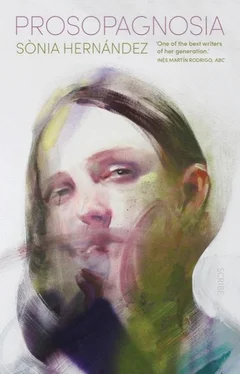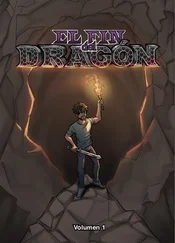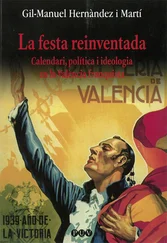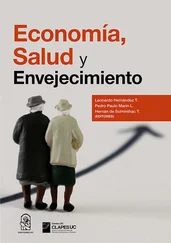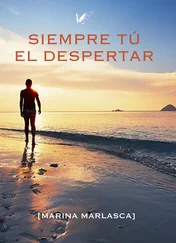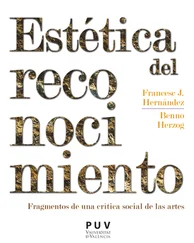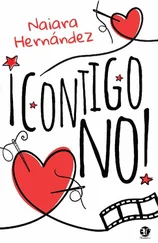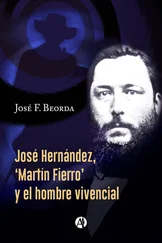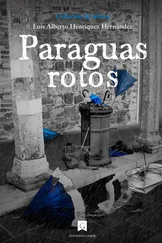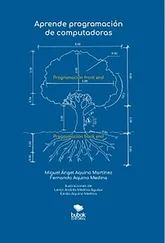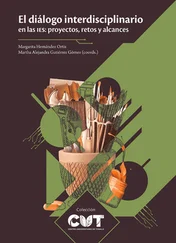I asked him if he was refusing to do the portrait because he was against muralism. He looked at me wide-eyed, breathed in, and cleared his throat.
‘I don’t know what you’re angling for, but neither you nor any of the arrogant teachers at that school will get to me to renounce this life that has cost me so much to build. Leave me in peace.’ He cleared his throat again. ‘I’ve never said I’m against muralism. How could I be? I just said that I’m annoyed by the idea that abstract artwork is impossible if that artwork is Mexican, and that theories that are rooted in the darkest moments of our history and opposed to modernity continue to hold sway .’
In the silence that followed I took out the copy of Open Diary he himself had given me. It didn’t take me long to find the quote, which he had underlined. I showed it to him.
‘So, have you read it?’
I nodded.
‘In that case you have plenty of material for your article. That’s what you wanted, wasn’t it?’
‘I’m afraid not. I’m very confused. Are you going to help the kids paint the mural? I don’t want to talk about my article, I just came because my daughter wanted me to ask for your help.’
‘And I told you I would. That should be enough, shouldn’t it?’
On the surface, yes, that was enough. But I felt like I couldn’t move.
‘Why did you offer to teach a class at the school?’
‘I think we discussed this before. Today you haven’t got your tape recorder on the table, so I imagine that what we’re talking about now is unrelated to your article, or your essay, or whatever it is you’re writing. I met a representative from the parents’ committee, and when I told him about my work, he thought it would be interesting if I gave a class for the students. Believe me, I’ve come out of this mess looking as bad as anyone, even as bad as you.’
Once again, he reminded me of Pablo, and I was irritated by the way he was speaking to me. ‘Well, I never tried to make anyone believe I’m a famous painter,’ I said.
‘Are you sure?’
Ever since I walked into his studio that afternoon, he had been deploying a manipulative strategy to confuse me. He offered brief and painful confessions, on the one hand, with affirmations that seemed to perpetuate his little farce on the other. In any case, he had achieved his goal of bewildering me. Now, as I write this, I realise how many times I’ve had to describe myself as bewildered, confused, or disconcerted in this story. Be that as it may, I think that at some point I tried to move the conversation away from such unstable terrain, even if it was very difficult for me. When at last I thought he was going to accept the situation and put together a reasonable explanation, he focused all his cruelty on me and everything fell apart. I didn’t know how to answer his questions. After I stayed silent for long enough that he realised I wasn’t going to respond, he continued:
‘Are you sure you haven’t been trying to pass yourself off as someone completely different from who you truly are? Now we’re getting somewhere interesting. We’re getting closer to an essential and enthralling topic: truth and lies.’
“It’s a very complicated topic. There are millions of books about it. But will you be able to tell me the difference between truth and lies?’
“Are you interviewing me again? Which question do you want me to respond to first?’
I had no interest in listening to a crazy man’s discourse on such an essential topic. If the man who made people call him Vicente Rojo could establish a hypothesis, I would believe it, and from there I would create my own subsequent discourse that would act like a beacon of thought for me for a period of time. When it came down to it, at one point I was trying to write an essay on Vicente Rojo that was supposed to be some kind of intellectual and moral guide. I was ready to nail down the words and thoughts of this man to turn them into an instruction manual you could consult in moments of anxiety and confusion, like on those mornings when I found it impossible to get out of bed because there was nothing stimulating in anything I was doing. After Pablo left, everything was like a giant blank page or empty canvas that I was supposed to fill, even though I had no idea how.
I was thinking about all this while the fake painter kept on talking. Like the speech I had given in my dream, there were moments when I was actually able to follow his rant. It hardly mattered to him if I was listening or not. He was making a distinction between reality and truth. I had read something similar recently in an article. Perhaps he had read it, too. We accept as real whatever is tangible, what we can perceive through one of our senses, but truth is something that contains some sort of essential knowledge that brings us closer to the materials we are made of. Everything he was saying struck me as acceptable parts of a discourse that I was beginning to recognise, the famous puzzle pieces that fit together to form a meaningful image.
But I still felt a sort of pang that let me know I shouldn’t accept this man’s ideas. He was a fraud. That crazy man who had tried to pass himself off as Vicente Rojo said that the only meaning of existence is searching for truth and mistrusting reality. Because ultimately, reality was something built for us by others. At one point he began talking about me, or at least I think he did. He was talking about timid people who are too scared to search for their own truth and make do with a comfortable reality. But that wasn’t enough. He asked me something he’d asked many times before in our previous meetings: why is publishing this article about me so important to you? I would have liked to have told him that he was mistaken — that it wasn’t him I wanted to write about, but the real Vicente Rojo and his work — but I didn’t dare. Because I was still incapable of interrupting his speech, he then asked me what lies I had told. I should have told him that I always tried to be honest with everyone, especially myself. That was a tired old line, a cliché. I could have said it, even if I had to say it in my Chaplinesque language, because our conversation was unfolding much like the literary salon in my dream, even if we were meeting outside of the elegant room in the charming house in Coyoacán.
The questions without answers kept on coming, questions like ‘What is your truth?’ until finally the answers came, too, but still from his mouth. He said that I had appeared in his studio one afternoon like Alice down the rabbit hole. I was caught off-guard by the reference to Lewis Carroll, which I myself had thought of while interpreting my dream about the intellectuals in Mexico, but then I remembered that this man knew almost all of Vicente Rojo’s Open Diary by heart, and there are many references to the girl who steps through the looking glass. This was the degree to which this fraud in front of me had been able to manipulate my thoughts.
He said that I had arrived at his studio asking him to tell his story, not his truth , and that I was begging for my own truth . It hadn’t escaped his attention that it was thanks to him that my fantasy of being a bright and cultured journalist who knows a good story when she sees one had come true. We had used each other; each of us had played at what we most wanted to be. Or, in other words, I had used his game to start playing my own. Now though, I’m not sure if that’s what he said or what I thought. Like Alice, I had been searching for a way to make reality function differently, like how in Looking-Glass World you have to jog slowly to move forward quickly, or how the fastest route to a house you want to enter is by walking away from it. This search united us. He was happy to be my Mad Hatter and guide me through a world where everything works backwards. Vicente Rojo is left-handed, like Lewis Carroll, whose real name wasn’t Lewis Carroll but Charles Lutwidge Dodgson. He was never in line with the social conventions of his time either. This is why the fake artist had tried to pretend he was left-handed, even though he never managed to pull it off.
Читать дальше
